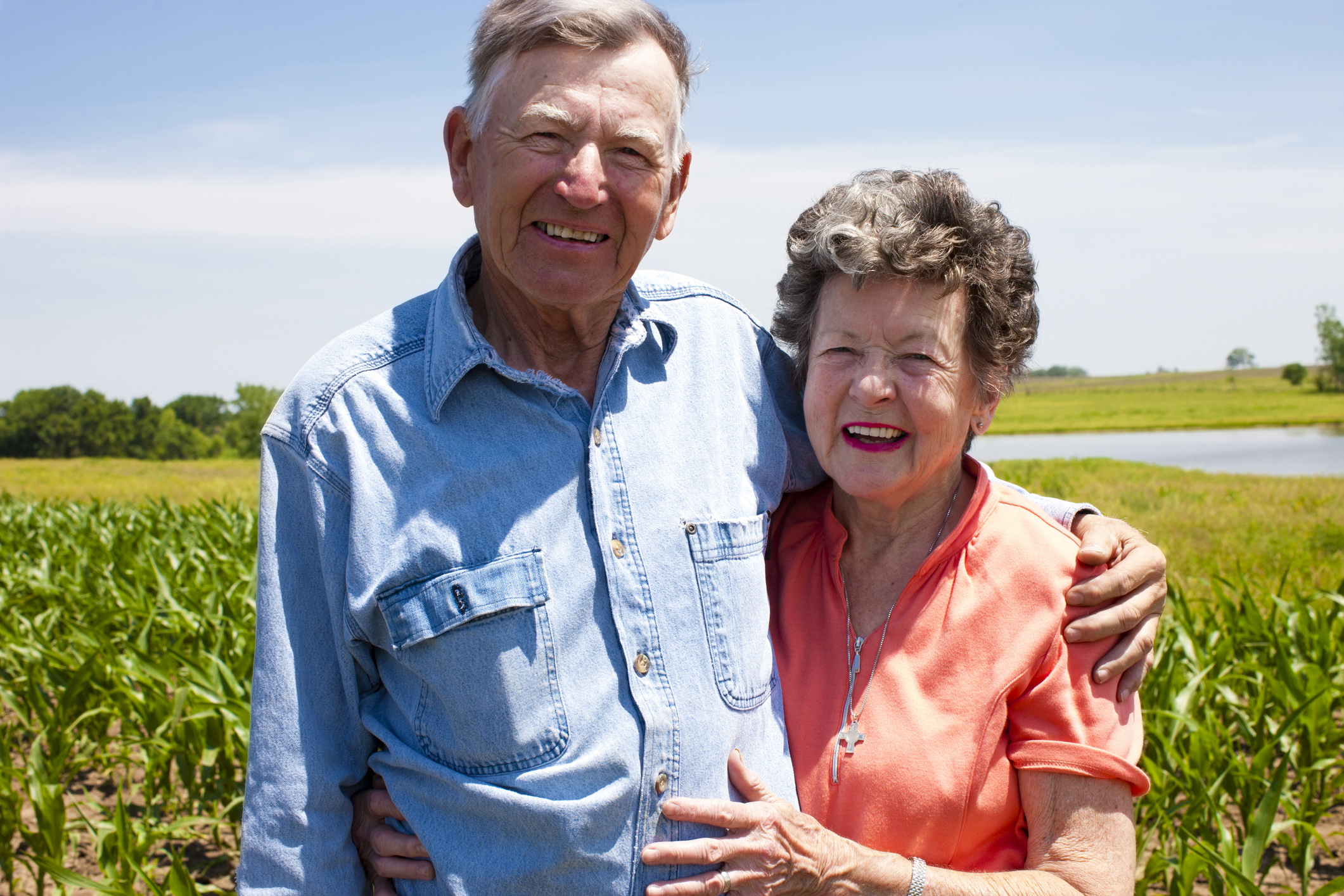In small rural communities where public transportation and other support services are scarce, local volunteers are crucial in helping elderly adults remain safe at home and engaged with their peers. But as the older population continues to grow, finding volunteers, who are often seniors themselves, is becoming increasingly difficult.
According to a recent report in Forbes, the Government Accountability Office is warning that older volunteers, especially in rural areas, are dwindling and that aging baby boomers are giving less of their time to help the elderly than previous generations.
Boomers are not only working longer, but they may also have other obligations to children or interests that do not include caring for senior citizens. The traditional volunteer base in rural communities may also be shrinking as more adults move into cities to find work while the elderly adult move to rural areas to retire where the cost of living is less.
The Proceedings of the 2017 Connectivity Summit reports that there are approximately 10 million people aged 65 and older living in rural America today; 1 in 4 older adults lives in a small town or other rural areas. And due to geographic isolation, lower socioeconomic status and limited job opportunities, these seniors have a lower life expectancy and are at an increased risk for chronic health problems, disability and have less access to health services.
In order to meet the needs of the rural elderly, community service organizations like Meals on Wheels are working to make sure seniors are well stocked with non-perishable foods for times when the weather prevents delivery. Tackling transportation, delivery of medical services and access to social activities continues to be a problem for aging adults in rural areas.
Learn more about the Older Americans Act and how the needs of older adults living in rural communities can be better met by following this link to the full GAO report.






Add Your Voice
0 Comments
Join the Discussion